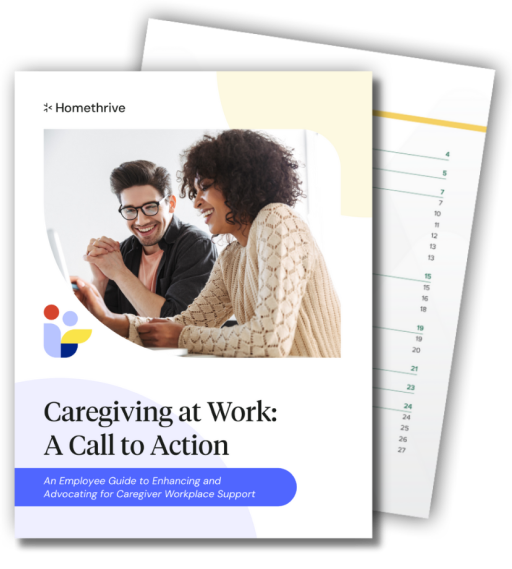Government employers are facing recruitment and retention challenges – the kind that will require creativity, innovation, and the right tactics to keep key programs and offices running smoothly.
Government institutions are also seeing a drop in employee engagement and well-being. A recent Eagle Hill Consulting survey reports that 65% of federal employees say they’re feeling burned out at work and 49% will leave their job in the next 12 months. What’s driving this?
Dedicating your life and career to serving others can feel exhausting at times – especially for those who also care for someone at home. These employees need support, even though they may be hesitant to ask for it.
Here are our top tips for how to attract and retain quality talent as a human resources leader:
- Ensure managers have reasonable expectations of employees about workload, work hours, and deadlines.
- Foster a work environment where disconnecting electronically at night or on weekends is encouraged.
- Verify the equitable treatment of employee compensation, benefits, promotions, challenges, and growth opportunities through data.
- Offer financial benefits such as 401k plans and financial education to induce feelings of economic well-being and security.
- Minimize the number of video conference meetings, which can drain your employees’ energy and affect their mood.
- Consider offering your team a caregiving support benefit. These kinds of benefits are proven to improve caregivers’ mental health by helping them be more productive and present without sacrificing their loved one’s well-being.
- Encourage accountability and communication rather than blame and reprisal.
- Consider creative paid-time-off opportunities such as dedicated wellness or mental health days.
- Regularly leverage employee engagement surveys to get a pulse check on how folks are feeling, plus recognize areas for improvement and identify training needs.
- De-stigmatize mental health issues by talking openly and respectively about them, ensuring that depression, anxiety, stress, and burnout aren’t considered shameful, moral failings, flawed personalities, or weaknesses.
- Provide flexible work-from-home options or work schedules whenever possible.
- Try new ideas, especially those suggested by employees themselves.
When employees feel at their best, they’re able to focus, connect, and innovate, therefore helping the communities they serve thrive. And when employees know their employer cares about them on a human level, they’re more likely to stick around for the long-haul.
Want to access more of Homethrive’s advice and expertise right in your inbox? Sign up for our weekly email newsletter.







